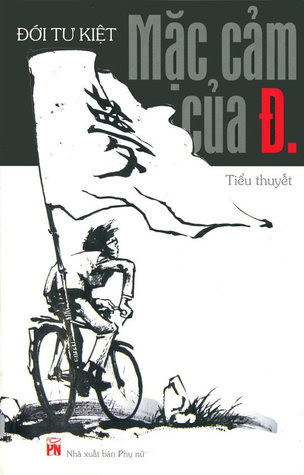What do you think?
Rate this book


412 pages, Paperback
First published September 4, 2003
This comic novel encompasses huge themes__not just political repression in China, but also love, sex, the commodification of women, and the twisting, winding roads one must take to gain self-knowledge. Reviewers concur that Sijie's second novel is something of a picaresque; it meanders as it follows the hapless Mr. Mou's adventures and missteps and enters into the terrain of the absurd. What reviewers don't agree on is whether or not the novel succeeds as a whole, particularly compared to the elegant Balzac and the Little Chinese Seamstress (2001). IT seems Sijie hasn't escaped the second-novel scourge, but he'll charm and entertain many readers nonetheless.
This is an excerpt from a review published in Bookmarks magazine.